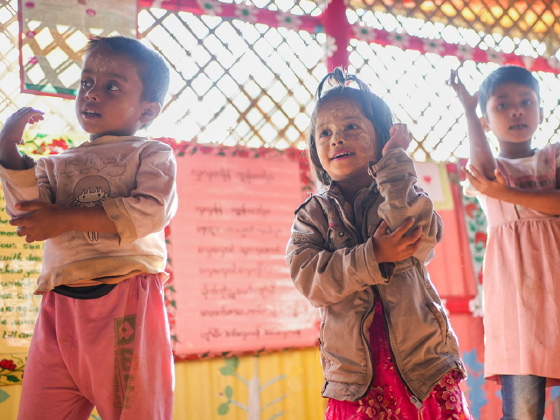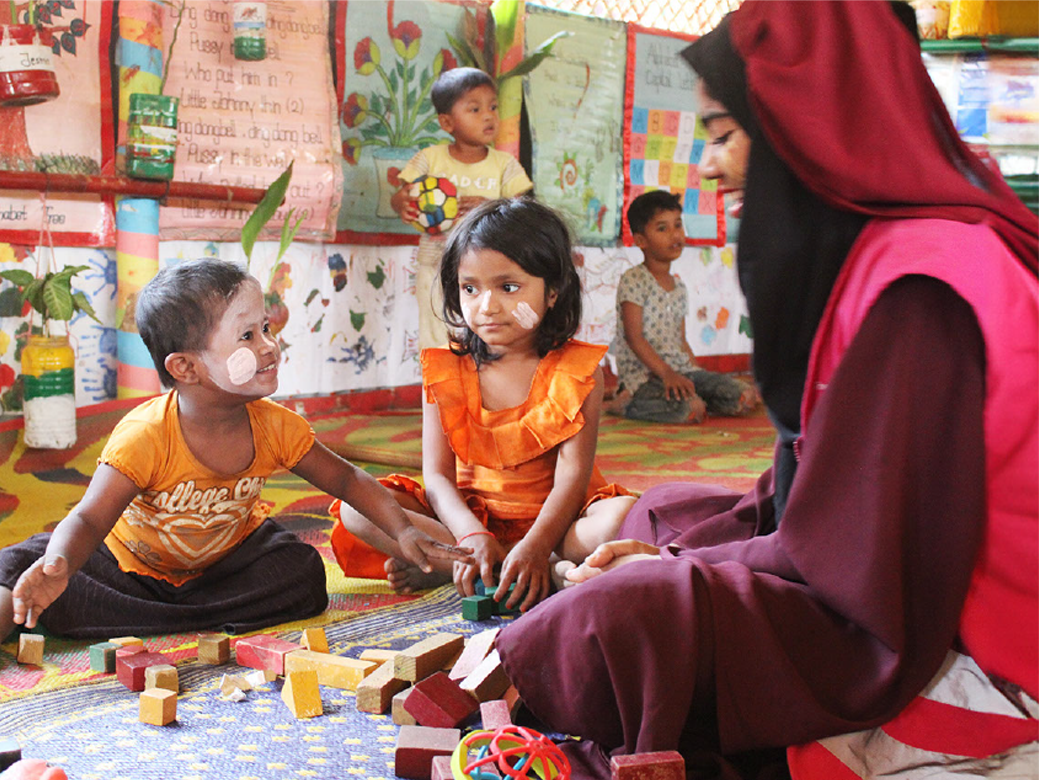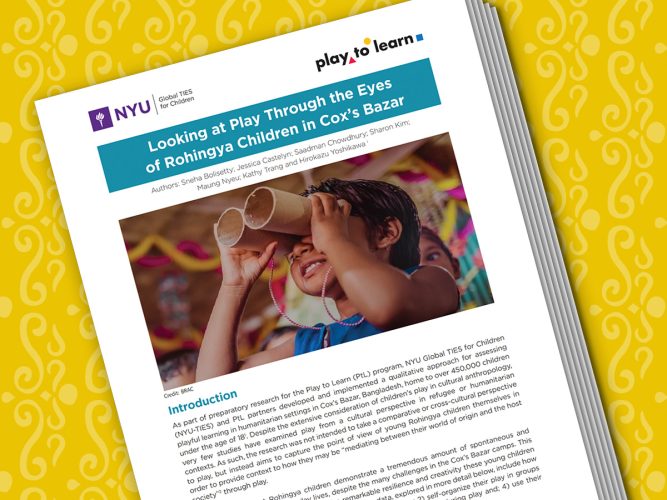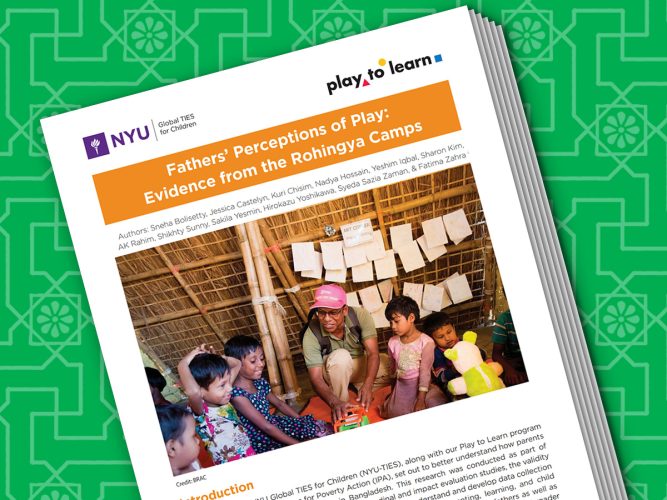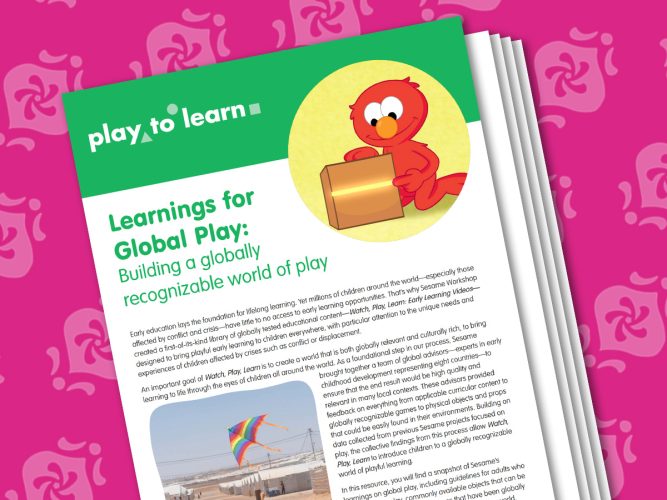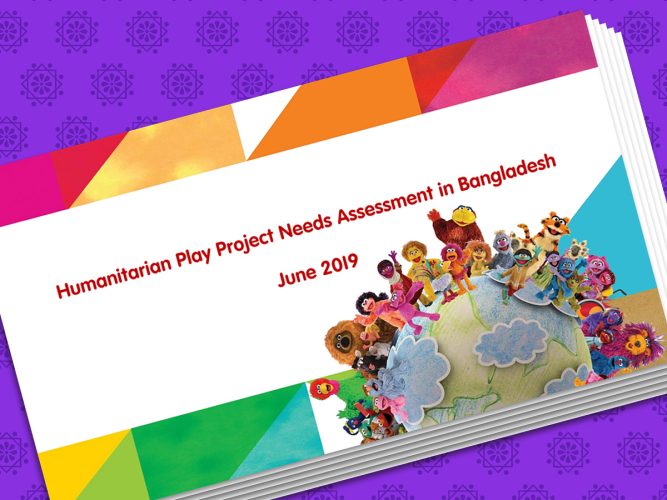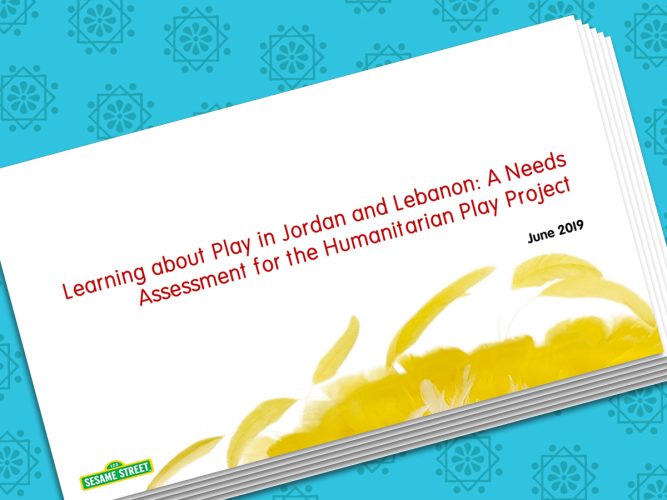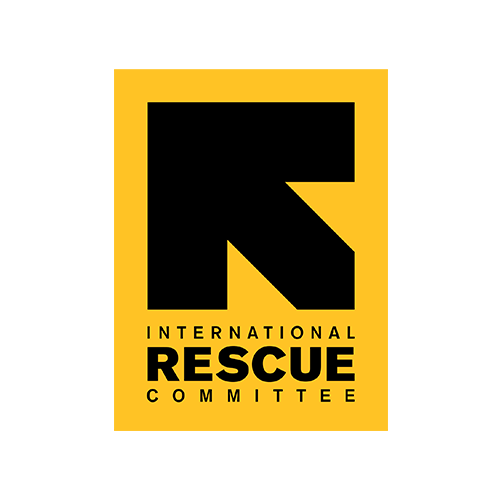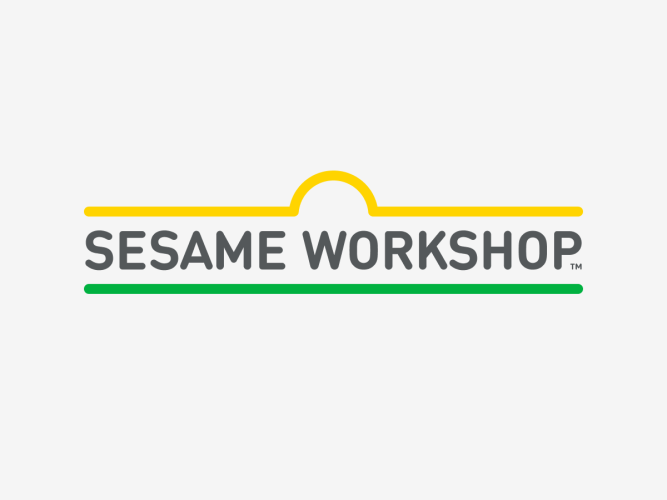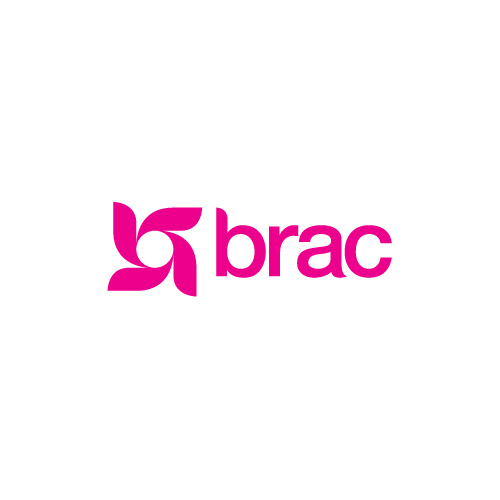Play is natural and a fundamental way young children explore the world, try new things, and learn.
Play to Learn used play-based approaches to support children affected by conflict or crisis in two ways. First, play can activate excited learning. Learning through play is when children learn skills and content informally through free or self-directed play, or more formally through guided play or a structured game. Second, play can also buffer against stress and trauma, and relationships and stability emerging from play can alleviate anxiety and promote psychosocial well-being.
Five key insights emerged from Play to Learn’s play-based approach across multiple countries, types of programs, and age groups:
- Play creates inclusion;
- Digital technology can facilitate play;
- Play preserves culture;
- Play is a tool for healing; and
- Research into play pays off.
Digital technology can ensure caregivers and children have age-appropriate encouragement, information, and tools to support play anywhere.
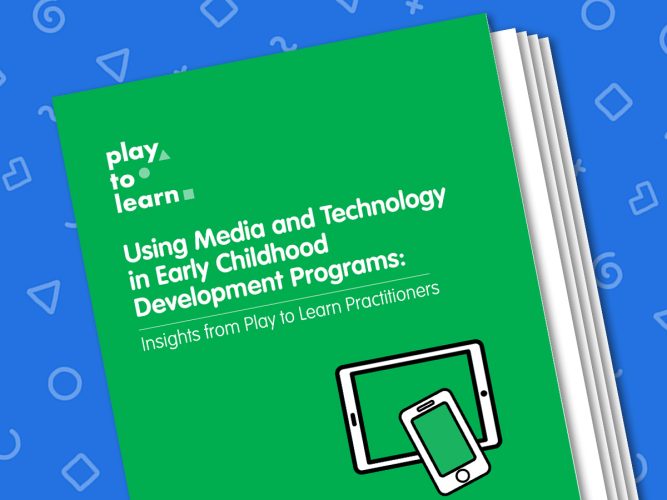
Using Media and Digital Technology in Early Childhood Development Programs
Insights from Play to Learn Practitioners
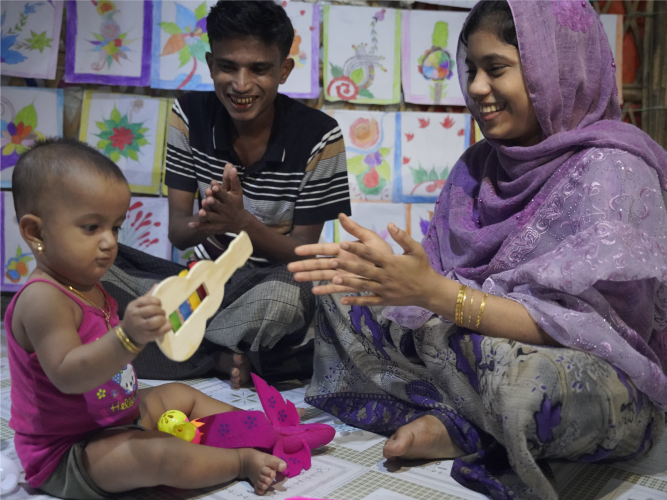
Gingegi Goron
Caregivers receive messages, home kits, and coaching to use play to stimulate growth and development of children under age 2.
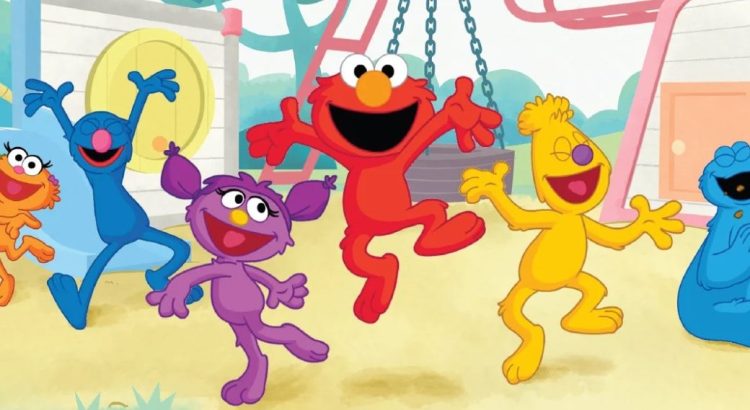
Watch, Play, Learn
Videos that illustrate and animate a world of play, with attention to the needs of children affected by crises or conflicts.
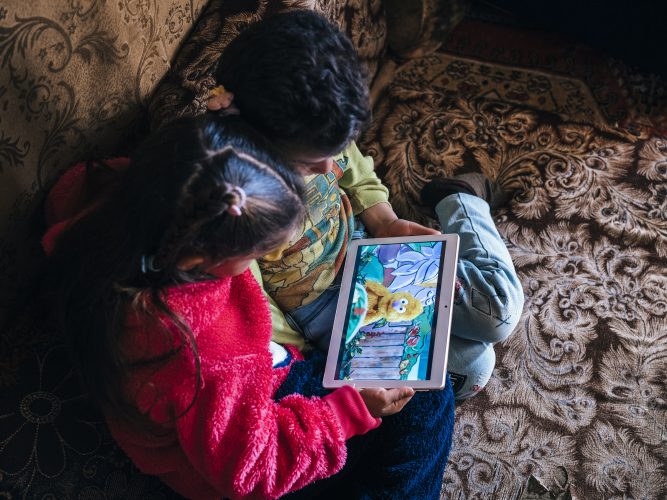
The Value of Educational Media in Crisis Settings
Lessons on the impact and use of media for early childhood development in humanitarian settings.
Using the games, rhymes, or songs from children’s cultures let us create meaningful experiences, as well as a sense of safety and belonging.
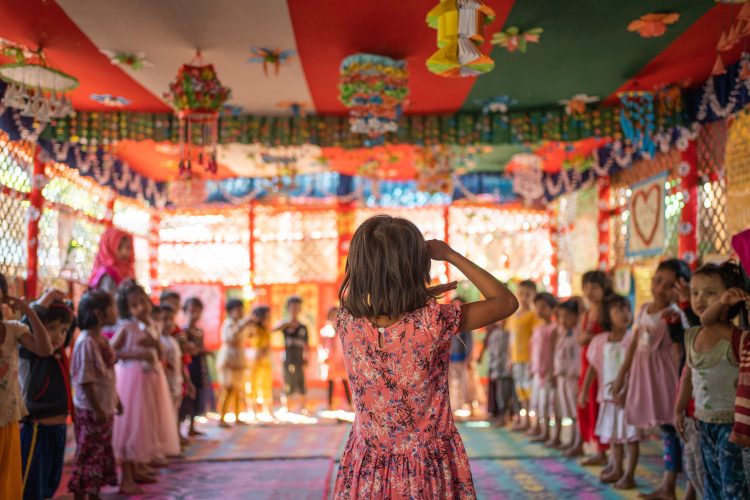
Humanitarian Play Lab
This curriculum was adapted to include songs, rhymes, and games from the Rohingya culture.
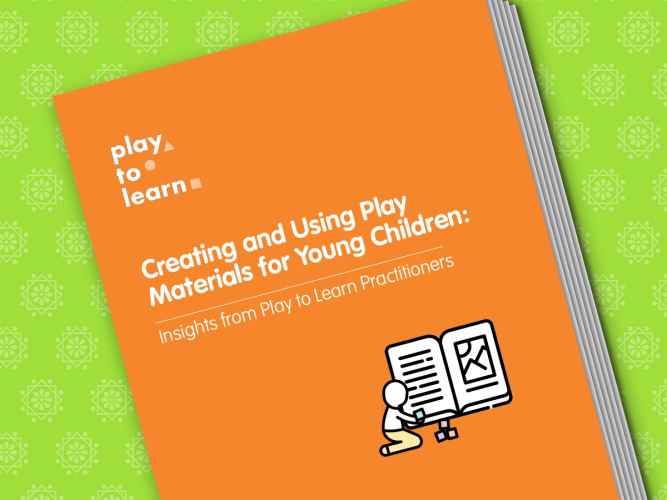
Creating Local Play Materials
Ways to make toys and games without going to the store
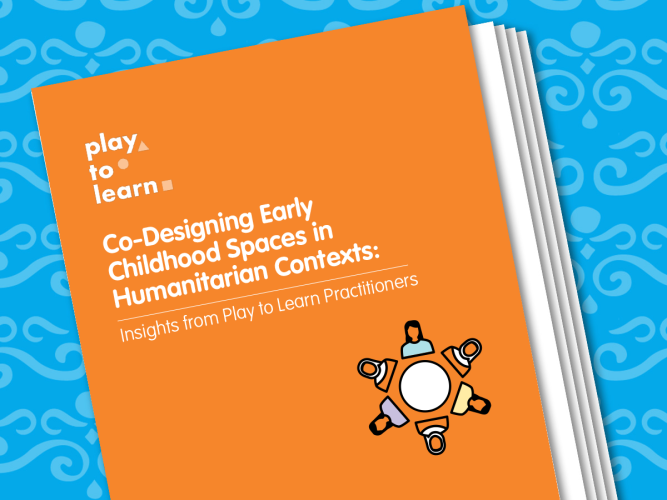
Co-designing early childhood spaces in humanitarian contexts
Reflecting children’s culture into a playful early learning environment
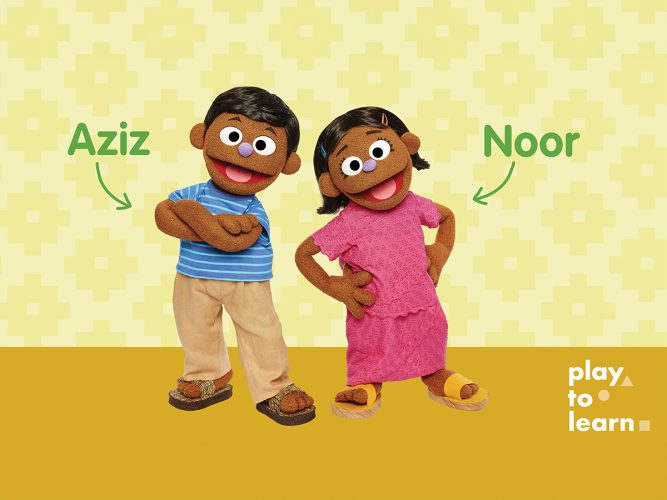
Meet Noor and Aziz
Sesame Workshop created the first-ever Rohingya muppets to let children see themselves on screen
Play-based learning can allow opportunities for children to engage in joyful and predictable activities with caregivers or other trusted facilitators during or after crises such as natural disasters, COVID-19, or other acute emergencies. This approach is even more effective when it is combined with psychosocial support for caregivers or children to open up opportunities for healing and building resilience.
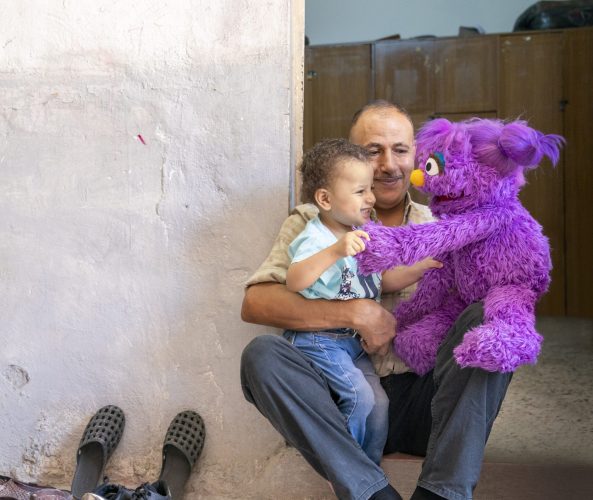
Be Ready, Be Strong
Tips and techniques to manage mental wellbeing and stress after disasters from the Middle East.
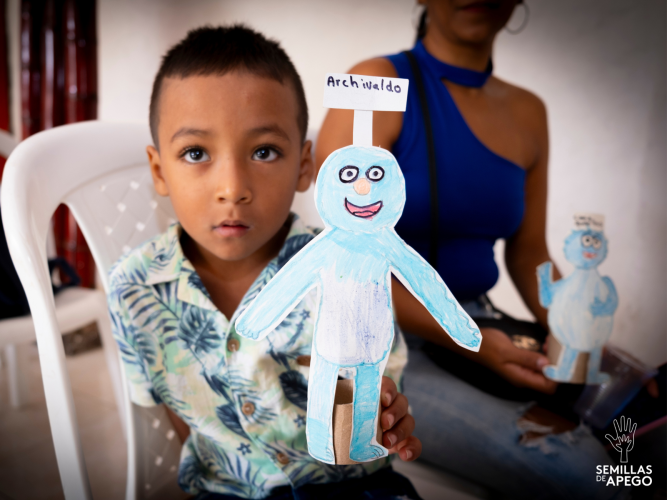
Semillas de Apego
Caregivers receive videos to watch with their children to strengthen parent-child bonds as part of a psychotherapy program.
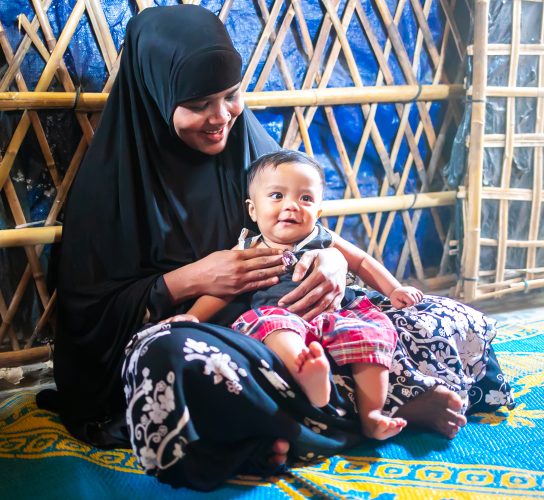
Mother-child Dyad Model
Paracounsellors work with mothers to use play as a tool for healing and learning for children under age 5.
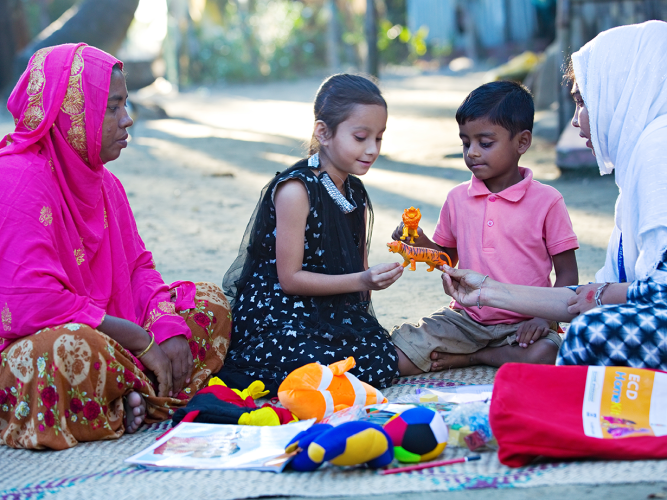
Play at Home: An Early Childhood Development (ECD) Home Kit
Provides training, materials, and home visit support on play-based learning to caregivers of children age three to six years old in Rohingya camps in Bangladesh.
Play to Learn used needs assessments, qualitative assessments, and qualitative research to inform programs, content, and impact evaluations. This allowed the project to understand how children play and how the adults in their lives think about play.
